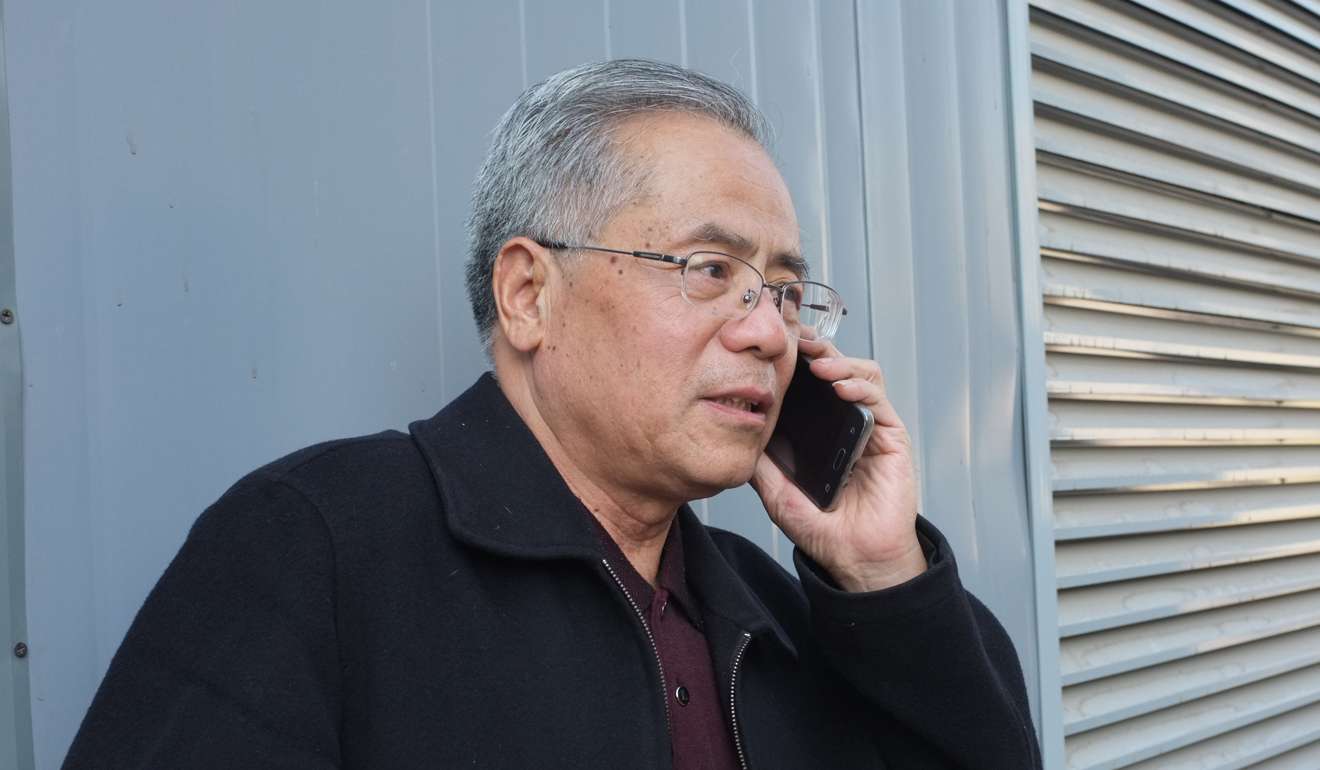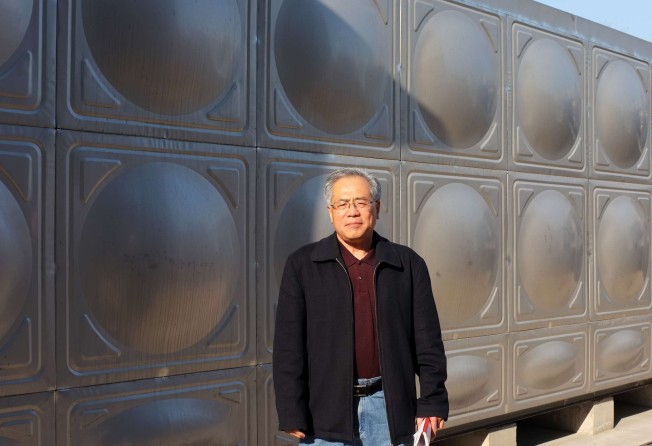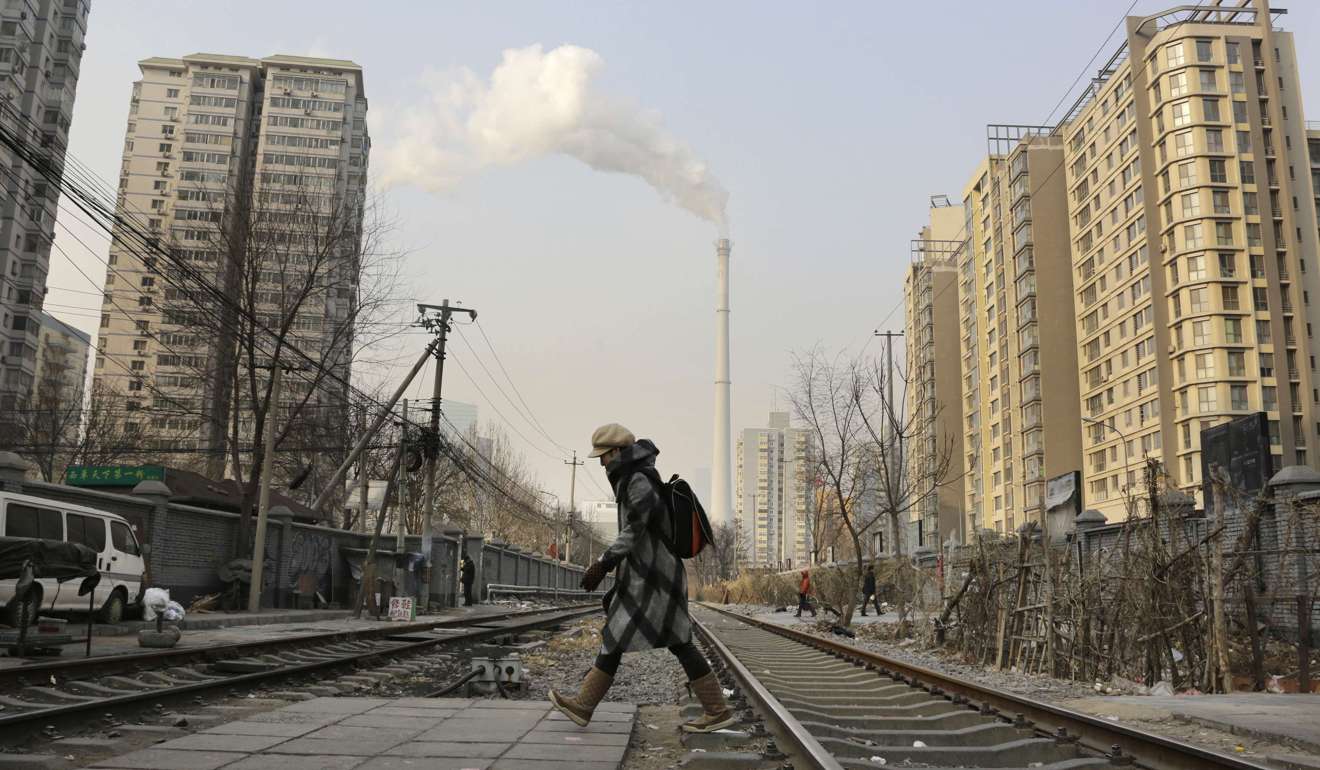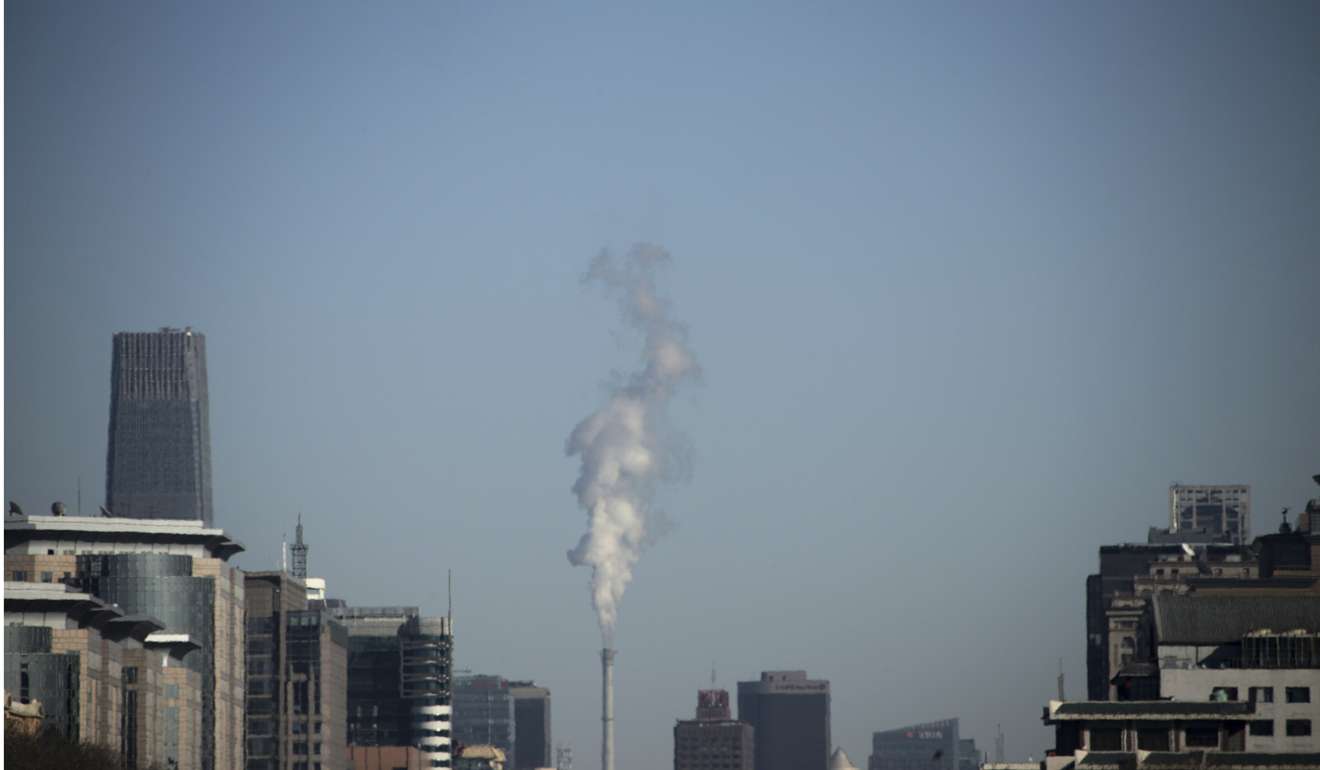
Beijing retiree’s hot idea
Former public servant invents device to capture wasted heat

What to do in retirement? Li Chongxing, who used to be a senior public servant in Beijing, fell for chimneys. Instead of flying south to the tropical island of Hainan for sunny beaches and fresh air, as many elderly Beijing do, he fiddled around with communal natural gas heaters and the steam they emit. When he talks about his pet project, a boyish, guess-what look comes over his face. Who could have guessed that the escaped heat from just one small boiler could provide enough hot water to bathe 10,000 students at Beijing Jiaotong University? That and other projects have kept Li busy for nearly a decade since stepping down from his government post. Now in his seventies, he can still swim 1,500 metres non-stop and, as he told Stephen Chen, that’s just one of the many benefits of being an engineering hobbyist.
What did you do in the government? How did you cope going from a busy career to quiet retirement ?
I worked for the Ministry of Water Resources. Before I retired in 2007, I was the deputy director of political and legal affairs. More specifically, I settled water disputes on rivers flowing through cities and provinces with conflicting interests. It was not an easy job. Farmers, factories, ever expanding cities ... everywhere needs water, and almost everywhere in the north of China it is in short supply. In some areas the fight for water rights had been going on for centuries. I worked on these problems. I came up with solutions. What I have seen and heard and experienced could fill a book.
In those days, local officials received my visits with awe and respect, mainly because I occupied an important and powerful post. I knew all that would be gone after retirement, so, like most people, I considered my options near the end of my career. I could go out and enjoy life. I could use my experience and connections to do some business or consultancy work. In the end I followed the call of my heart. I’ve always had the dream to become an engineer, to invent cool gadgets, and do good for society. Retirement can be a hard experience, especially for those with power and privilege, but I think I have more or less dodged the punch.

How many projects are you working on? What are they about?
Three natural gas heaters are using my patented waste-heat collector, and a fourth is under construction – all in Beijing. On a typical day, I get up at 5am and visit each of the facilities, which are in different locations across the city. When I return home it’s often after midnight. They are my babies. I want to be the first to know if they are well or ill. When I collect their operational data and evaluate their performance I feel like a father watching his sons growing up to be men, happy and full of pride. Natural gas burns more cleanly than coal, producing mostly steam and a small amount of pollutants such as nitrogen oxide. The exhaust of a natural gas chimney reaches temperatures of more than 120 degrees Celsius, but only a small fraction of that energy can be absorbed by conventional technology, leaving most of the heat to escape into the air in the form of vapour.
My invention can reduce the exhaust temperature to under 15 degrees Celsius, the lowest I can find in domestic records. The heart of the device is a heat pump, which can transport energy from the exhaust pipeline to a hot water tank with high efficiency. In other words, I attached a reverse-cycle air conditioner to a chimney. The steam disappeared, and so did the pollutants, both of them driving elements behind the formation of Beijing’s smog. The system at Beijing Jiaotong University produces nearly 200 tonnes of hot water a day. Last year Beijing consumed nearly 12 billion cubic metres of natural gas for winter heating. The collectible heat from exhausts could meet the energy demands of a medium-sized city.

What you did before and after retirement are quite different. How did you learn your engineering skills?
In middle school I joined the sent-down youth movement (a national campaign launched by Communist Party chairman Mao Zedong that sent urban youth to rural areas) and was allocated to a remote village in Shanxi province, where the hardships of life were beyond my imagination. The entire village had just one well and the water was more than 150 metres below the surface. It took four grown men a full day jusy to fill a few buckets, hauling the rope by hand. In that area, water was more valuable than cooking oil. People only took showers when it rained and they almost never washed their clothes. We students from big city dug a new well for the locals and fetched water with a diesel pump.
To improve the efficiency of water use I did my first-ever DIY project, a sprinkler irrigation system for farms. In just a few years we relieved a century-old thirst. This experience planted a seed in my heart. I realised that even small technical advances could help solve big problems. Later I attended college in Taiyuan and graduated with a degree in hydraulic engineering. Although my engineering background had no direct application in administrative work, I never gave it up, and over the years I obtained three more degrees in other disciplines, such as environmental engineering, by studying in my spare time.

The technology you describe looks simple. Why did it take you years to complete?
I encountered many unexpected challenges, such as corrosion. When the hot steam condenses to water, the nitrogen oxides also dissolve, turning the fluid acidic. My early experiments failed mainly because pipes and radiators quickly suffered irreparable damage. Now all the critical components in the device are coated with protective materials.
Did you make a profit from these projects? What’s your future plan?
I have spent more than 2 million yuan (HK$2.26 million) on experiments and testing facilities, far more than the financial compensation I received from these projects. In China, intellectual property is still cheap, with most money in a project’s budget going to the construction company. But that was not my biggest worry. China is importing an enormous amount of pricey natural gas from other countries such as Russia as the government tries to deal with air pollution by reducing the number of coal-fired plants, which is a good thing to do, but it pains me to see so much valuable heat escaping from chimneys every day as steam. This man-made vapour is not harmless. It can significantly increase urban humidity on a windless day and lead to severe smog, a process confirmed by numerous scientific studies. Collection waste heat can and should be enforced on large-scale natural gas power stations. That’s my goal.